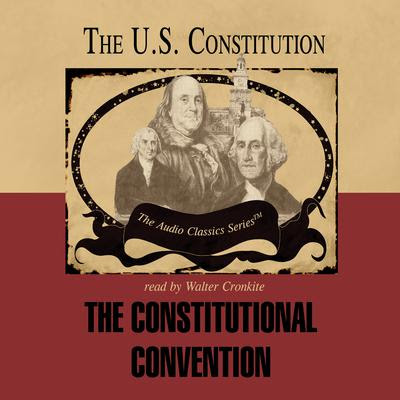“An act to allow a drawback of the duties of customs on the exportation of tea to any of his Majesty's colonies or plantations in America; to increase the deposit on bohea tea to be sold at the [East] India Company's sales, and to empower the commissioners of the treasury to grant licenses to the East India Company to export tea duty-free …”
– Long title of the “Tea Act 1773,” as passed by the Parliament of Great Britain (incidentally, this act led to the Boston Tea Party, to which the Parliament responded with the “Coercive Acts” – known in America as the “Intolerable Acts”)
Anecdote about the Boston Tea Party, and how Britain responded with the Intolerable Acts
In 1773, the British East India Company got permission from Parliament to sell some of its tea in the British colonies in North America. The trouble was that there were still some Parliamentary taxes on the tea (from the earlier Townshend Acts), and these taxes were somewhat unpopular in America. Thus, a group of Americans calling themselves the “Sons of Liberty” implemented a protest one night. Dressing up as Native Americans, they went into the British ships anchored in Boston harbor, and dumped the tea overboard into the waters of the harbor. At that time, any submission to the British taxes (to which the colonial legislatures had not consented) seemed like tacit approval of Parliamentary tyranny. To quote a popular slogan from the time, “no taxation without representation.” This is why they felt justified in preventing other colonists from buying the tea, rather than simply refusing to buy it for themselves. This protest would go down in history as the “Boston Tea Party.” As many British commentators have noted, the Boston Tea Party was a classic example of gesture politics. And it certainly angered the British Parliament. In 1774, the British responded with what they called the “Coercive Acts.” But these acts would instead become known in America as the “Intolerable Acts.” There were originally four of these acts, although a fifth one (largely unconnected) would later be added. Thus, this might be a good time to talk here about the Intolerable Acts. Many of the grievances from these acts found their way into the United States Declaration of Independence. Some of the concerns from the acts even found their way into the United States Constitution – and, more specifically, into the United States Bill of Rights.
Boston Tea Party, 1773 – which Parliament considered sufficient to warrant the Intolerable Acts
























